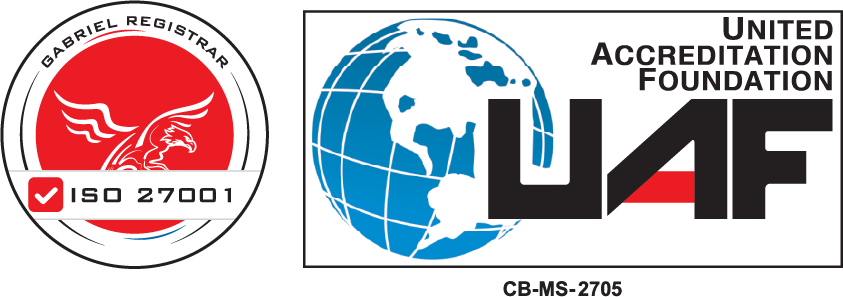100M+ Devices affected by NAME:WRECK vulnerability
100M+ Devices affected by NAME:WRECK vulnerability
THREAT LEVEL: Amber.
For a detailed advisory, download the pdf file here.
Nine Vulnerabilities affecting common TCP/IP stacks which includes FreeBSD, Nucleus NET, Ipnet & NetX can cause Denial of Service (DOS) or Remote Code Execution (RCE). These vulnerabilities are related to Domain Name System clients of affected products. Manipulation of DNS requests and responses allows attacker to control the target devices or take the devices offline. Multiple verticals including healthcare, manufacturing, retail, government are impacted.
Vulnerability Details
| CVE ID | Vulnerability Details | Potential Impact | CWE ID |
| CVE-2021-25677 | The DNS client does not properly randomize DNS transaction IDs. That could allow an attacker to poison the DNS cache or spoof DNS resolving | DNS cache poisoning | CWE-330 |
| CVE-2020-27009 | The DNS domain name record decompression functionality does not properly validate the pointer offset values. The parsing of malformed responses could result in a write past the end of an allocated structure. An attacker with a privileged position in the network could leverage this vulnerability to execute code in the context of the current process or cause a denial-of-service condition. | RCE | |
| CVE-2020-15795 | The DNS domain name label parsing functionality does not properly validate the names in DNS responses. The parsing of malformed responses could result in a write past the end of an allocated structure. An attacker with a privileged position in the network could leverage this vulnerability to execute code in the context of the current process or cause a denial-of-service condition. | RCE | |
| CVE-2020-27736 | The DNS domain name label parsing functionality does not properly validate the null-terminated name in DNS-responses. The parsing of malformed responses could result in a read past the end of an allocated structure. An attacker with a privileged position in the network could leverage this vulnerability to cause a denial-of-service condition or leak the read memory. | DOS | CWE-170 |
| CVE-2020-27737 | The DNS response parsing functionality does not properly validate various length and counts of the records. The parsing of malformed responses could result in a read past the end of an allocated structure. An attacker with a privileged position in the network could leverage this vulnerability to cause a denial-of-service condition or leak the memory past the allocated structure. | DOS | CWE-125 |
| CVE-2020-27738 | The DNS domain name record decompression functionality does not properly validate the pointer offset values. The parsing of malformed responses could result in a read access past the end of an allocated structure. An attacker with a privileged position in the network could leverage this vulnerability to cause a denial-of-service condition. | DOC | CWE-788 |
| CVE-2016-20009 | The DNS client has a stack-based overflow on the message decompression function leading to a potential RCE. | RCE | CWE-787 |
| CVE-2020-7461 | In FreeBSD 12.1-STABLE before r365010, 11.4-STABLE before r365011, 12.1-RELEASE before p9, 11.4-RELEASE before p3, and 11.3-RELEASE before p13, dhclient(8) fails to handle certain malformed input related to handling of DHCP option 119 resulting a heap overflow. The heap overflow could in principle be exploited to achieve remote code execution. The affected process runs with reduced privileges in a Capsicum sandbox, limiting the immediate impact of an exploit. | RCE | CWE-787 |
| UNASSIGNED | A message-compression bug impacting devices running NetX and can lead to DNS cache- poisoning attacks | DOS |
References
https://cert-portal.siemens.com/productcert/txt/ssa-705111.txt
https://cert-portal.siemens.com/productcert/txt/ssa-669158.txt
https://www.jsof-tech.com/namewreck-dns-vulnerabilities-disclosed-by-jsof-and-forescout/
https://www.forescout.com/company/blog/forescout-and-jsof-disclose-new-dns-vulnerabilities-impacting-millions-of-enterprise-and-consumer-devices/




